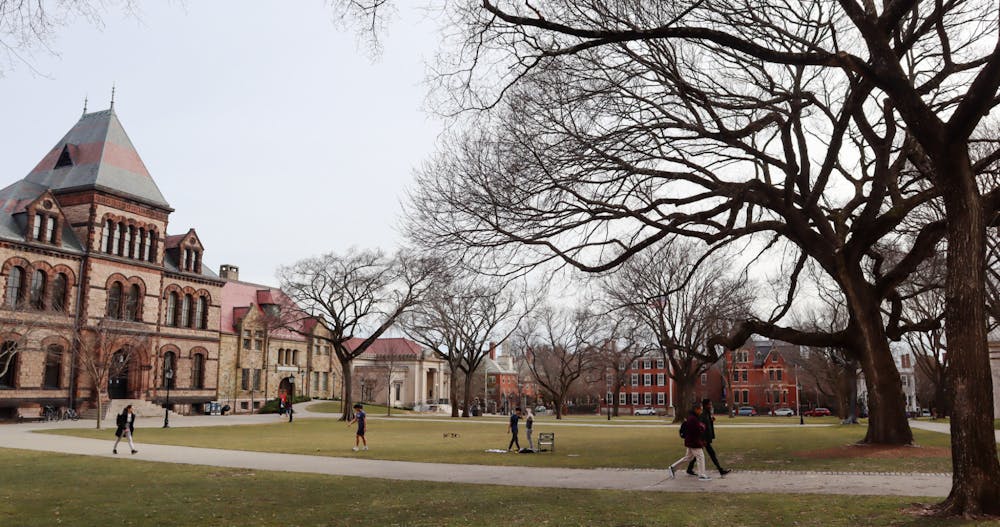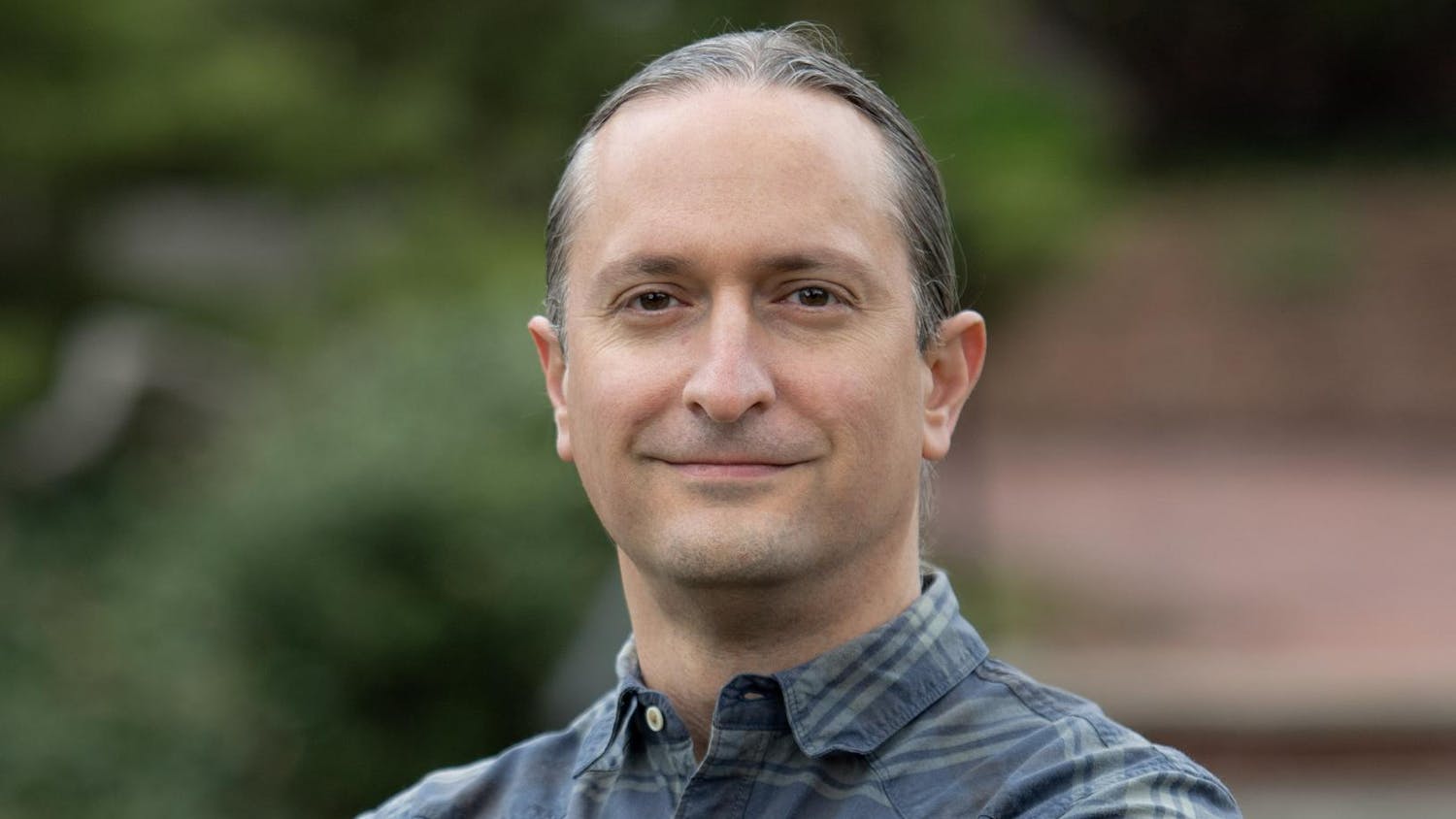A new Data Science Institute will be established at the University effective July 1 after faculty members approved its creation at the first faculty meeting of the semester Tuesday.
The institute will be anchored by two centers: the established Center for Computational Molecular Biology and a proposed new “Center for Technological Responsibility, Re-imagining and Re-design (CNTR),” according to Kenneth Wong, professor of political science, public policy and urban studies.
Proposed by the Data Science Initiative, the institute will aim to “stimulate innovation and support people aspiring to improve lives in our data-driven world,” said Sohini Ramachandran, professor of biology and computer science and director of the DSI. “Data is influencing both our research and our daily lives, and it’s really changed how our students want and need to be trained.”
According to Ramachandran, challenges such as online election interference, vaccine misinformation and discriminatory decisions made by machine learning systems constitute instances where both “data and data science are crucial aspects of the problem” as well as “potential solutions.”
“These challenges have really taught us that when we create technology that’s unmoored from the social, scientific and human context in which we seek to use it, we create and expose faultlines,” she said. “But these also present us with opportunities for innovation.”
Ramachandran explained that the establishment of the institute would hold true to the mandate of all institutes at the University: “to augment the disciplinary excellence of our departments and help enable new scholarly connections among them.”
The Data Science Initiative’s executive committee has been working to propose the Institute for the last 18 months, according to Ramachandran. She explained that the committee believes that a centralized Data Science Institute would ensure that community members and questions about the natural world remain “at the heart” of data science research at the University.
“As a leader in shaping this emerging field, Brown’s DSI will establish new insights that become possible when data science is a close partnership between researchers and educators working in different disciplines and on different parts of the data science pipeline,” the proposal reads.
“We can really uniquely shape and lead in this discipline of data science … by calling on the computational and mathematical sciences to be in close conversation with” the institute, Ramachandran said. “I think it’s an institute that will also uniquely attract and support young scholars whose scholarship spans and connects multiple disciplines.”
Kimani Toussaint, professor and senior associate dean in the school of engineering, similarly emphasized the importance of a formalized data science institute.
“Being able to bring in the methodologies that would be housed in a data science institute and learning how to ask the right questions, how to interrogate that data and more importantly … connecting with other people who might care about the data is very important,” Toussaint said.
Megan Ranney MPH ’10, outgoing deputy dean of Brown’s School of Public Health, expressed her “wholehearted support” for the Data Science Institute and its ability to serve as a “centralizing” force.
“We know that the future of scientific inquiry is team science,” Ranney said.
At the end of the meeting, Interim Provost Larry Larson discussed the Operational Plan for Investing in Research, an initiative started under former Provost Richard Locke P’18.
Larson informed faculty members that the administration is working to enhance University research investments and faculty support. But he also noted that the program’s “Signature Research Initiatives” would be put on pause until incoming Provost Francis J. Doyle joins the administration this summer.
“These strategic signature initiatives require multi-year support from the provost and more multi-year engagement from the provost office,” Larson explained. “I wanted to give (Doyle) an opportunity to really put his stamp on that.”
The meeting also included a moment of silence for the passing of Frank Rothman, professor emeritus of biology, as well as John Wermer, professor emeritus of mathematics.

Sofia Barnett is a University News editor overseeing the faculty and higher education beat. She is a junior from Texas studying history and English nonfiction and enjoys freelancing in her free time.





